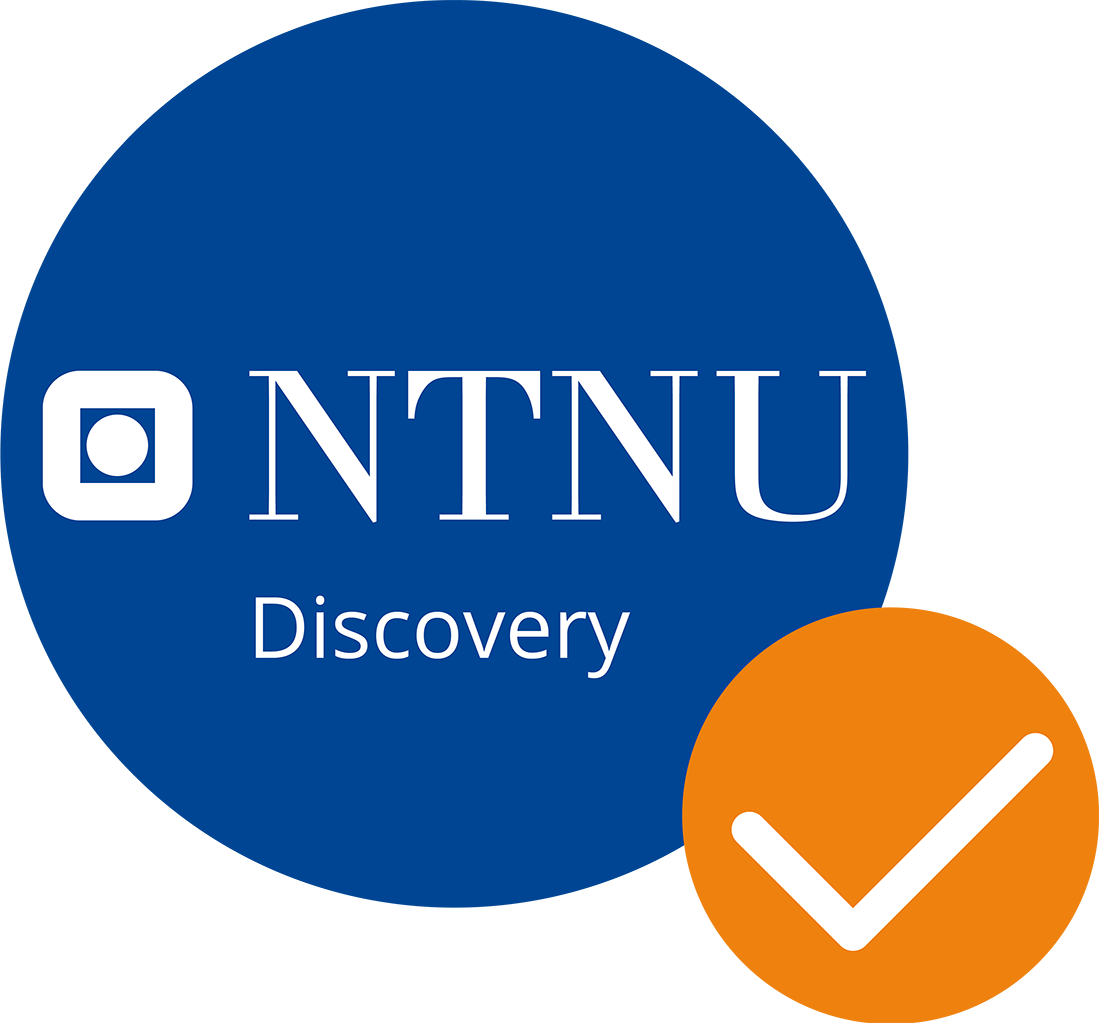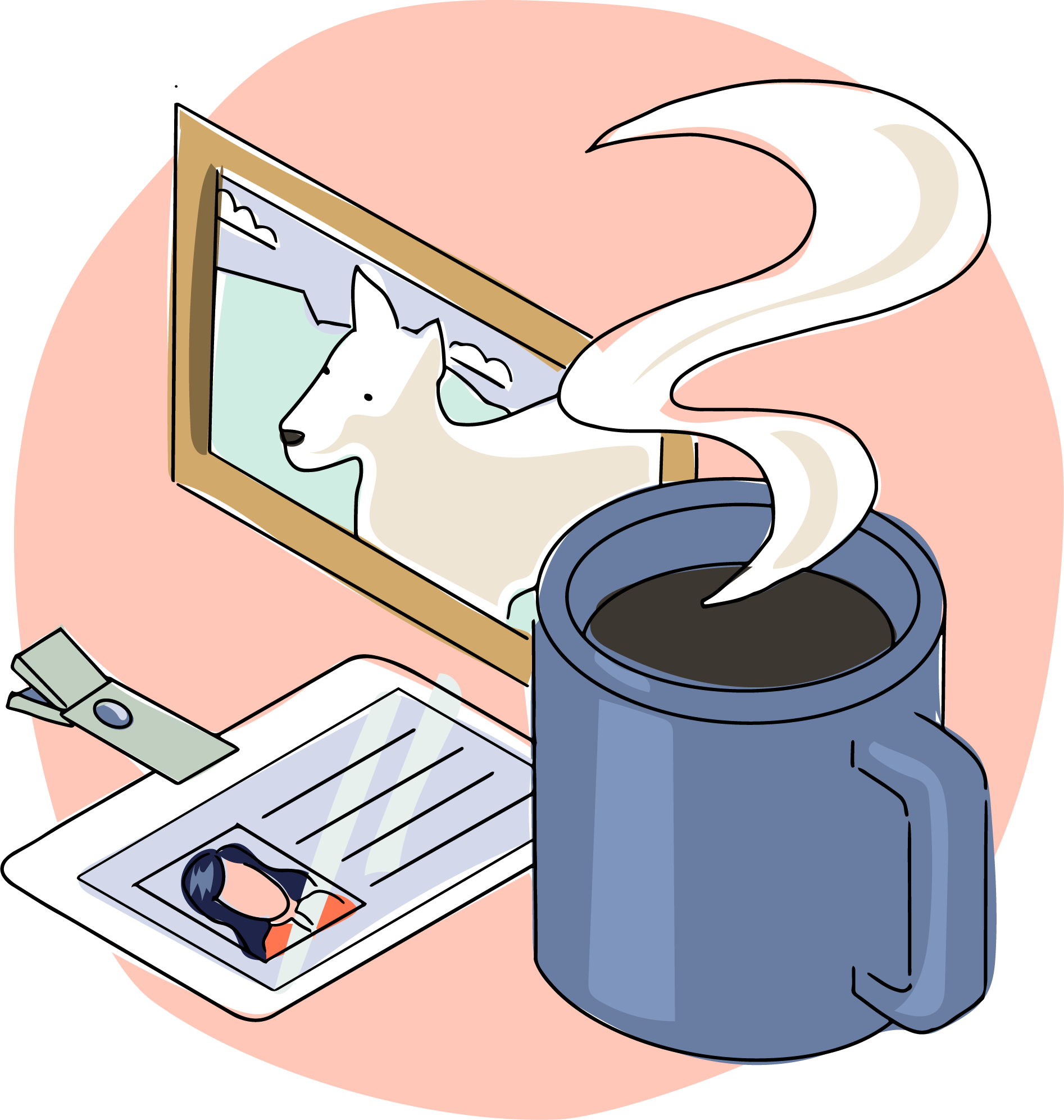
Developing better tools for diagnosing prostate cancer
Text: Per-Steinar Moen (Infinitiv)
Using artificial intelligence, researchers at NTNU have developed a tool that can make prostate cancer diagnostics better and more efficient.
Tone Frost Bathen is a professor of MRI technology at NTNU and leads the research group working to develop PROVIZ, a software that analyzes MRI images in search of possible cancer.
– PROVIZ is an acronym for “prostate cancer vizualisation”. “We use artificial intelligence and machine learning to create probability maps of prostate cancer tumors,” she says.
Difficult to diagnose
Prostate cancer is difficult to diagnose. A definite diagnosis can only be made after a surgical procedure in the form of a tissue sample.
Since 2015, prostate cancer patients have had a standardized diagnostic and treatment pathway. If prostate cancer is suspected, an MRI scan is performed first. The radiologist examines the nearly 20 MRI images and manually marks suspicious areas in the prostate.
At the urologist’s office, the MRI images are merged with real-time ultrasound images to take a tissue sample from the relevant area of the prostate. This tissue sample is examined for cancer cells by a pathologist.
Taking a tissue sample of the prostate can cause serious infections and discomfort. It is therefore important that the radiologist’s decision-making basis is as good as possible to avoid unnecessary interventions, but at the same time uncover patients who actually have cancer.
– Our problem as radiologists is that MRI images are quite good, but not perfect. Today, I only use my eyes and my brain when I examine the MRI images. PROVIZ will be able to give me a better basis for decision-making, so that we can give the urologist better guidance on where to perform the biopsy,” says Sverre Langørgen, radiologist and co-inventor at St. Olavs Hospital.
Valuable health data
The introduction of the prostate cancer pathway has led to the systematic storage of MRI images, analysis of tissue samples and other patient information from prostate cancer patients since 2015 in Norway, as one of the first countries in the world. PROVIZ’s self-learning model is based on this data when it is trained to interpret the MRI images.
– To train models, we need good data – and lots of it. When we decided this was something we needed to get good at, we collected a large data set. The method we use can be transferred to other areas, but it requires a lot of data,” says researcher Alexandros Patsanis, who is working to develop and improve the model that looks for prostate cancer.
The data base will be bigger and better in the future.
– We have good opportunities to follow patients over time and we can go back and see what actually happened to them. This data will help us improve the technology,” says Tone Frost Bathen.
Concept test
The research group at NTNU and St. Olavs Hospital is not alone in using artificial intelligence to analyze MRI images of the prostate. Nevertheless, Tone Frost Bathen believes they have an advantage. For more than 15 years, her team at the Department of Circulation and Diagnostic Imaging has worked closely with St. Olavs Hospital to improve MRI technology. They have a radiologist in the research group who works daily to analyze MRI images.
– “We know what radiologists need,” says Tone Frost Bathen.
Initially, a concept test will be carried out at St. Olavs Hospital. The aim is to integrate the technology with existing image archive systems at the hospital, further develop a graphical interface and improve the model.
Still some way to go
Tone Frost Bathen believes it should be possible to get the technology onto the market within five years, if the test at St. Olavs Hospital shows that it works in practice. The customers will mainly be radiology and urology departments in hospitals.
In collaboration with NTNU Technology Transfer, the research group has applied for a patent for the invention and assessed various models for commercialization, either by licensing the technology to market players or starting its own company.
Before the interview is finished, radiologist Sverre Langørgen has to rush off to work at the hospital. Tone Frost Bathen hopes the technology will make it easier for radiologists like him to detect prostate cancer.
– There will be some work to do to generalize the technology across hospital systems and populations,” she says.
Unlike Sverre Langørgen, the technology can be used all over the world with a few adaptations.
– Sverre is not scalable, it takes time to become a good radiologist,” she says.
PROVIZ has received NOK 200,000 from NTNU Discovery to verify the technology through concept testing at the hospital.
Other news
Muting rooms with mushrooms
The founders of Demp believe that the mushroom's root network can be used in everything from soundproofing panels to replacing asphalt.
Viruses Built to Target
Rajeevkumar Raveendran Nair at the Kavli Institute of Neuroscience has received NOK 1 million to further develop transport viruses that can transport gene-therapy drugs, but only activate them in specific cells. EDGE-Tx is the virus that may become an important tool in the fight against Alzheimer’s disease.
New millions for staff and students
A big awards evening with the granting of main project funding from NTNU Discovery during the Tech, Hugs and Rock'n'Roll event at Digs on Thursday, June 5.
Fifteen minutes in the dragon’s den
You have 15 minutes to convince the NTNU Discovery jury that your project is worthy of main project funding.
Ignorance killed the cat
If cats are to live up to their reputation of having nine lives, cat owners need to know more about the pets that occupy our laps while we watch TV and keep us company when we go to the bathroom.
Contact:
Project Manager
Jan Hassel
Email: jan.hassel@ntnu.no
Telephone: +47 906 53 180
Office: Main building
Håvard Wiebe
Email: havard.wibe@ntnu.no
Telephone: +49 414 73 768
Office: Main building



